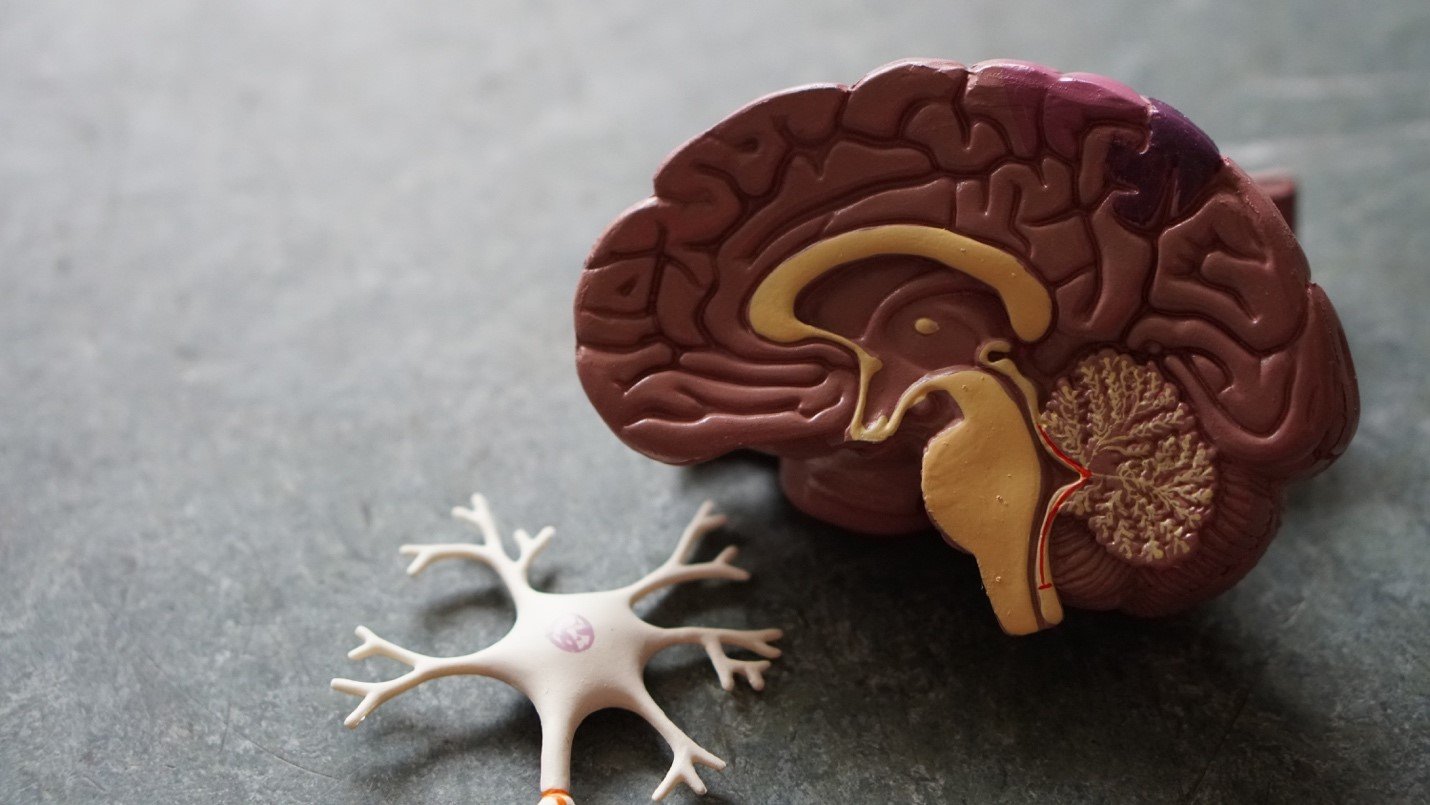RIOT Blogs
From the developing therapeutics to understanding various types of cancer, our blogs provide insights into current research and patient care.

BCG: From a vaccine to a cancer therapy - A Canadian Story
By: Aline Atallah
Currently, the therapeutic approach for intermediate and high-risk non-muscle invasive bladder cancer entails tumor removal and the administration of Bacillus Calmette-Guérin (BCG) treatment. BCG is a live attenuated form of Mycobacterium bovis. But how did a bacterium, originally developed as a tuberculosis vaccine, become the gold standard for treating this type of bladder cancer?

Analyzing the use of CAR-T Cell Therapy for Blood Cancers and Solid Tumour Cancer Types
In recent years, immunotherapy has become increasingly popular as an option for cancer treatment. There are many types of cancer immunotherapy, however, one particular type that has been significantly successful is CAR T cell therapy.

Hormone Therapy as Treatment for Prostate Cancer
Prostate cancer is a top contributor to cancer-related deaths in men, second only after lung cancer (1). According to Canadian Cancer Statistics, approximately 1 in 8 Canadian men will develop prostate cancer during their lifetime (2).

Changing the way we talk about lung cancer
A cancer diagnosis can be overwhelming, confusing and scary. Cancer patients face constant physical, psychological, and emotional challenges from the time leading up to diagnosis, throughout treatment and during remission. However instead of compassion and support, lung cancer patients are more likely to be greeted with, “Well, did you smoke?”

Biliary Tract Cancers: A Spotlight on a Rare Group of Diseases
Check out this blog post to learn more about biliary cancers - a rare group of cancers of the biliary system, which include the gallbladder and bile duct.


Brain Cancer Cells Grow by Tapping into Host Brain Cell Signals
In this article we dive into gliomas - a difficult to treat brain cancer - by exploring the unique way neurons communicate. Understanding this phenomenon may be the key to unlocking better treatments.

Treatment optimization: Finding the best treatment option for patients
By: Sawyer Badiuk, MSc
Neuroendocrine tumours (NETs) are a diverse group of abnormally dividing cells that originate from specialized neuroendocrine cells. For NETs, typical treatment options include surgery, chemotherapy, somatostatin analogs and targeted therapies. However, selecting the treatment type or combination of treatments is only the first step. To optimize treatment outcomes, careful consideration goes into selecting various aspects of treatment.

Identifying mechanisms of resistance to PI3K inhibition in head and neck squamous cell carcinoma
Targeted cancer therapy uses specific drugs that interfere with pathways involved in cancer progression. Such pathways should be under strict control, but cancer cells often find ways to evade it, and grow without prompt. In head and neck squamous cell carcinoma (HNSCC), the sixth most common cancer worldwide, one of the most frequently broken pathways is called the PI3K pathway (Lawrence et al., 2015).

New kid on the block: receptor tyrosine kinase inhibitors as a potential treatment for triple-negative breast cancer
By: Matthew Borrelli, MSc.
Cancers are just as unique as the individuals who fight them: we can say with certainty that no two are perfectly alike. However, research advances increasingly allow us to categorize different subtypes of cancer based on how they differ from healthy tissue at a molecular level.

